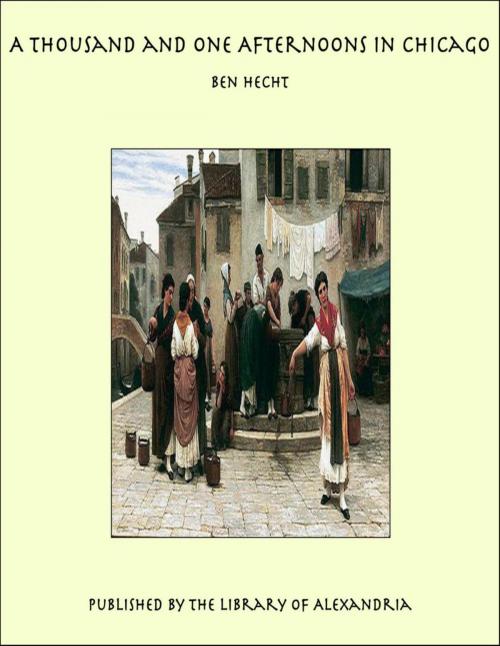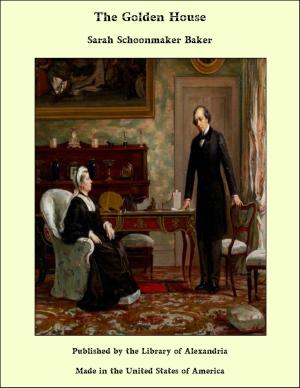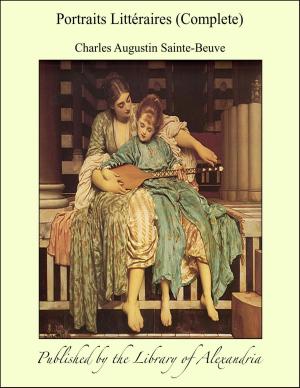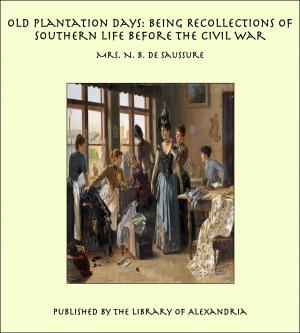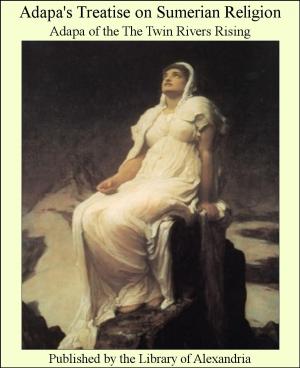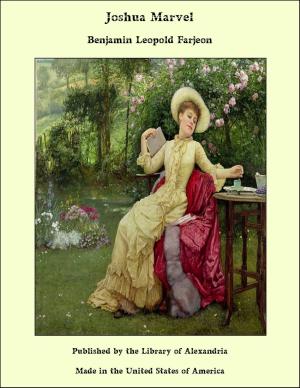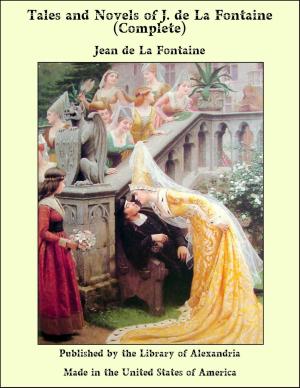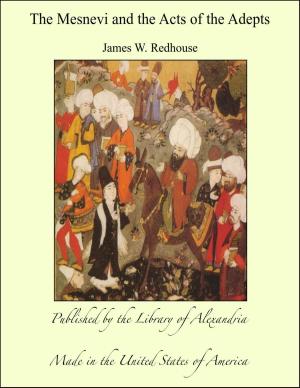A Thousand and One Afternoons in Chicago
Nonfiction, Religion & Spirituality, New Age, History, Fiction & Literature| Author: | Ben Hecht | ISBN: | 9781465551658 |
| Publisher: | Library of Alexandria | Publication: | March 8, 2015 |
| Imprint: | Language: | English |
| Author: | Ben Hecht |
| ISBN: | 9781465551658 |
| Publisher: | Library of Alexandria |
| Publication: | March 8, 2015 |
| Imprint: | |
| Language: | English |
It was a day in the spring of 1921. Dismal shadows, really Hechtian shadows, filled the editorial "coop" in The Chicago Daily News building. Outside the rain was slanting down in the way that Hecht's own rain always slants. In walked Hecht. He had been divorced from our staff for some weeks, and had married an overdressed, blatant creature called Publicity. Well, and how did he like Publicity? The answer was written in his sullen eyes; it was written on his furrowed brow, and in the savage way he stabbed the costly furniture with his cane. The alliance with Publicity was an unhappy one. Good pay? Oh yes, preposterous pay. Luncheons with prominent persons? Limitless luncheons. Easy work, short hours, plenteous taxis, hustling associates, glittering results. But—but he couldn't stand it, that was all. He just unaccountably, illogically, and damnably couldn't stand it. If he had to attend another luncheon and eat sweet-breads and peach melba and listen to some orator pronounce a speech he, Hecht, had written, and hear some Magnate outline a campaign which he, Hecht, had invented … and that wasn't all, either…. Gentlemen, he just couldn't stand it. Well, the old job was open. Ben shuddered. It wasn't the old job that he was thinking about. He had a new idea. Something different. Maybe impossible. And here followed specifications for "One Thousand and One Afternoons." The title, I believe, came later, along with details like the salary. Hang the salary! I doubt if Ben even heard the figure that was named. He merely said "Uh-huh!" and proceeded to embellish his dream—his dream of a department more brilliant, more artistic, truer (I think he said truer), broader and better than anything in the American press; a literary thriller, a knock-out … and so on
It was a day in the spring of 1921. Dismal shadows, really Hechtian shadows, filled the editorial "coop" in The Chicago Daily News building. Outside the rain was slanting down in the way that Hecht's own rain always slants. In walked Hecht. He had been divorced from our staff for some weeks, and had married an overdressed, blatant creature called Publicity. Well, and how did he like Publicity? The answer was written in his sullen eyes; it was written on his furrowed brow, and in the savage way he stabbed the costly furniture with his cane. The alliance with Publicity was an unhappy one. Good pay? Oh yes, preposterous pay. Luncheons with prominent persons? Limitless luncheons. Easy work, short hours, plenteous taxis, hustling associates, glittering results. But—but he couldn't stand it, that was all. He just unaccountably, illogically, and damnably couldn't stand it. If he had to attend another luncheon and eat sweet-breads and peach melba and listen to some orator pronounce a speech he, Hecht, had written, and hear some Magnate outline a campaign which he, Hecht, had invented … and that wasn't all, either…. Gentlemen, he just couldn't stand it. Well, the old job was open. Ben shuddered. It wasn't the old job that he was thinking about. He had a new idea. Something different. Maybe impossible. And here followed specifications for "One Thousand and One Afternoons." The title, I believe, came later, along with details like the salary. Hang the salary! I doubt if Ben even heard the figure that was named. He merely said "Uh-huh!" and proceeded to embellish his dream—his dream of a department more brilliant, more artistic, truer (I think he said truer), broader and better than anything in the American press; a literary thriller, a knock-out … and so on
